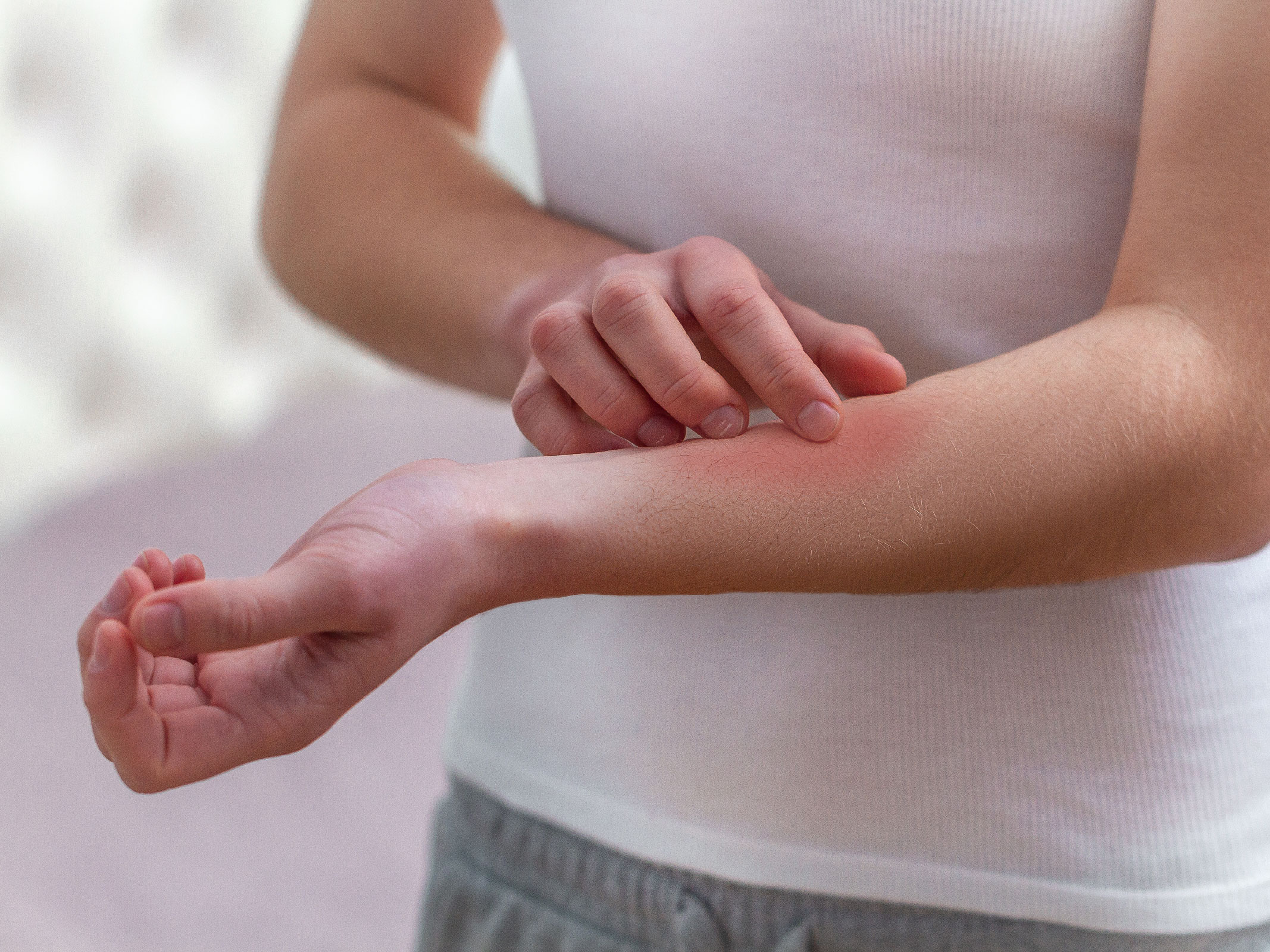Rosacea, a chronic inflammatory skin condition, affects an estimated 14 million people in the U.S. alone. That’s about 1 out of every 20 people. Even though rosacea is relatively common, there is no rosacea cure as the causes are not fully understood. However, there are a number of treatments available to relieve symptoms and keep you feeling your best.
Symptoms of Rosacea
What is rosacea? A long-term inflammatory skin condition, rosacea most often affects the face, and it is most common among people with fairer skin. If you smoke or have a family history of rosacea, you are more likely to develop the condition as well. Rosacea symptoms can vary from individual to individual in terms of both type and severity.
There are four main types of rosacea, and many people suffer from a combination of these rosacea types.
· Erythematotelangiectatic rosacea. This type is associated with persistent redness in the face.
· Papulopustular rosacea. This type is characterized with the presence of pus-filled pimples and red bumps.
· Phymatous rosacea. A rarer type that most often affects the nose, phymatous rosacea causes skin to thicken and scar.
· Ocular rosacea. In this type, the symptoms affect the eyes, making them watery and bloodshot.
Identifying which type of rosacea causes your symptoms is an important step in determining the best treatment option for you. The main symptoms of rosacea on the face are:
· Persistent redness.
· Swollen, red pustules or bumps. Rosacea bumps look a bit like acne and are sometimes filled with pus.
· Irritated, watery eyes.
· Swollen nose, or rhinophyma. This complication is more common in men than in women. It develops over a period of several years.
The Best Rosacea Treatments
Rosacea on the skin and eyes can be uncomfortable and impact your quality of life. How to treat rosacea depends on your type and severity. The primary treatment involves the avoidance of known triggers known to cause flare-ups of a rosacea rash. To prevent flare-ups:
· Identity and avoid triggers.
· Always wear sunscreen to protect your skin.
· Be gentle with your skin. Avoid skin products that contain irritants or alcohol.
· Try the rosacea diet. Avoid spicy foods, hot drinks, dairy, and foods high in histamine.
Treatments for rosacea include:
· Topical creams that reduce redness.
· Oral antibiotics for moderate to severe rosacea with pimples.
· Oral acne drugs.
· Laser therapy or other light-based therapies, which may reduce redness.
At Castle Dermatology, we would be happy to evaluate your skin and help in properly diagnosing your rosacea. We offer both the topical creams and oral medications as well as Laser therapy and IPL for the condition. In addition, we carry a skin care line created for the sensitive skin caused by rosacea.

